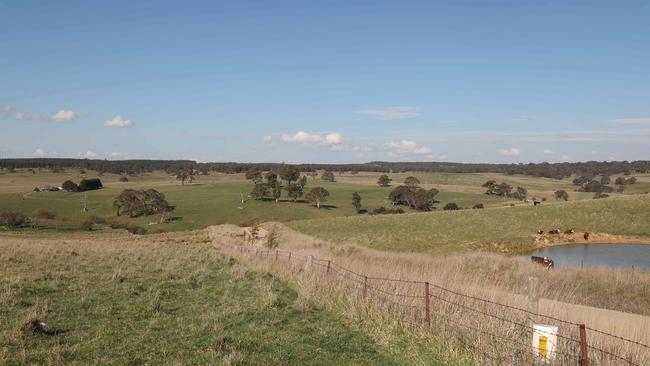
Everyone in Canberra knows the national environment laws are broken and outdated, a fact confirmed by respected businessman Graeme Samuel, when he conducted a wider-ranging and independent statutory review of the national environment laws in 2019 and 2020.
Samuel’s final report was damning of the laws, introduced by the Howard government in 1999, finding they were not fit for purpose in respect to the protection of environmental values and promoted pointless and complex bureaucracy that didn’t deliver real environmental outcomes.
In response, Samuel recommended sweeping reforms that would identify and protect nationally significance environmental values, promote more wholistic development approval decisions at the regional level, overhaul the failed offsets system, modernise cultural heritage protection, remove duplication and complexity, and put in place clear rules to inform developers of the actions that would need to be taken to gain development approval.
These reforms were proposed more than four years ago and at the time were welcomed by the business community, experts and environment groups. Yet here we are, four years on and with big business once again reheating the tired old debates about green tape rather than providing renewed support for Samuel’s reforms.
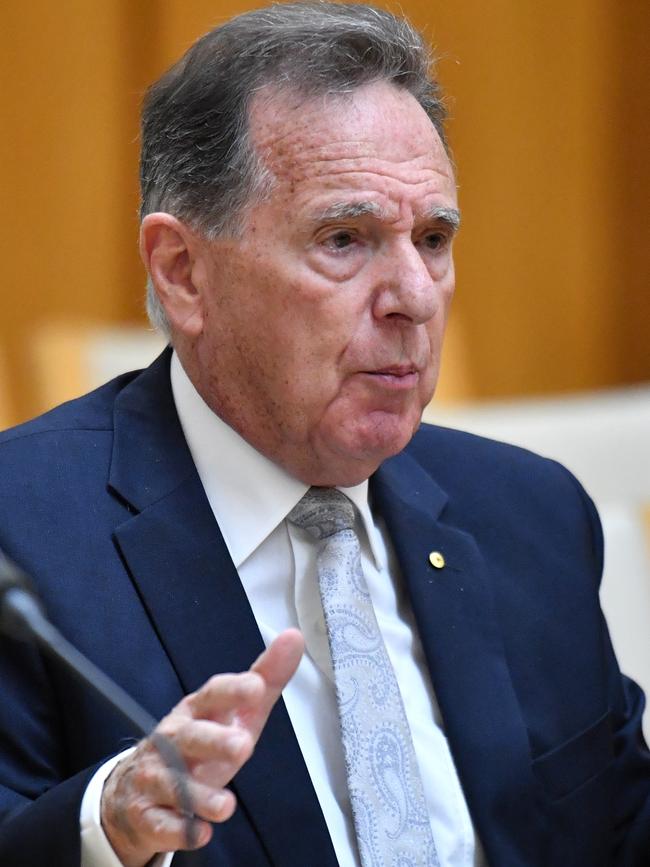
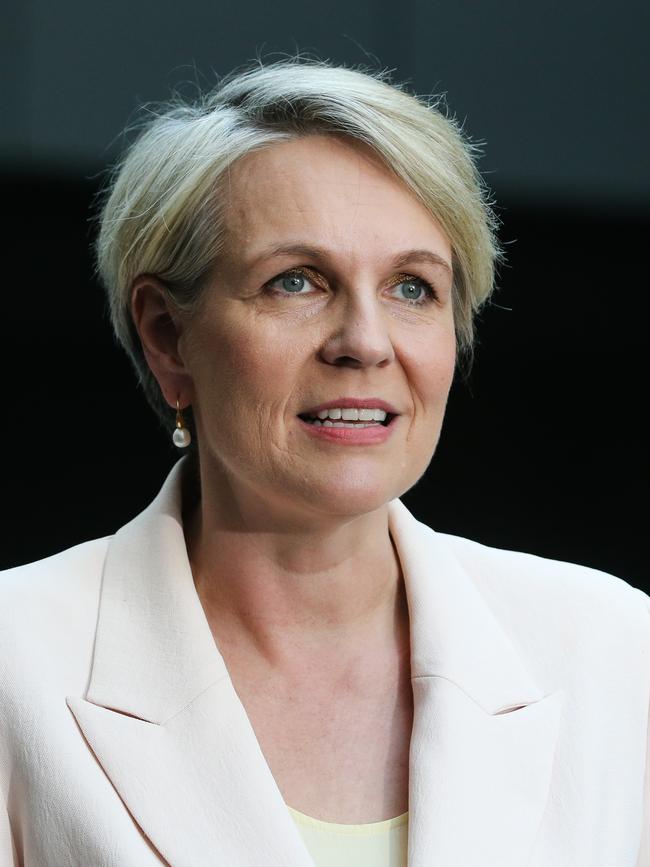
This is ironic as, if implemented, these reforms would directly address the very complaints made by the business lobby in respect to Plibersek’s decision to invoke a section of cultural heritage laws to protect the headwaters of the Belubula River from the construction of a tailings dam.
To her credit, Plibersek has been diligently, albeit slowly, developing a suite of “nature positive” legislative changes to deliver Samuel’s reforms.
Despite all this, over the past few weeks, lobby groups such as the Business Council of Australia and the Minerals Council of Australia have gone to town on Plibersek on a number of grounds, including her decision to exercise ministerial discretion in blocking the construction of the tailings dam, claiming she overrode her own department’s advice. They have also criticised legislation that enables traditional owners to raise objections to the destruction of areas of cultural heritage.
Yet remarkably, only four weeks ago, these very same groups appeared before the Senate standing committee on environment and communications to rail against the very suggestion that the decision to assess and approve developments such as the contested goldmine should be made by an independent Environment Protection Agency rather than be made by the Environment Minister. This position was accompanied by a passionate argument that democracy itself would be threatened if a minister did not have the right to make a final development decision – just like the minister did in respect to the tailings dam!
Obviously, the defence of democracy does not hold when the minister makes a decision business doesn’t like or when it involves the rights of traditional owners to seek the protection of cultural heritage.
Furthermore, at the same Senate committee hearing, these same captains of industry managed to remarkably argue both in favour and against the implementation of Samuel’s key recommendations, particularly the creation of the legally binding National Environmental Standards, claiming both that the reforms were necessary but also should not be rushed, despite the standards being subject to 48 months and counting of consultation and negotiation.
The leaders of our biggest and most powerful business lobby groups really need to get their stories straight. Consistently they have called for the overhaul of the national environment laws and have earnestly stated their support for the Samuel reforms, yet when the next wave of these reforms has been presented to parliament, they hedge their bets and call for a go-slow.
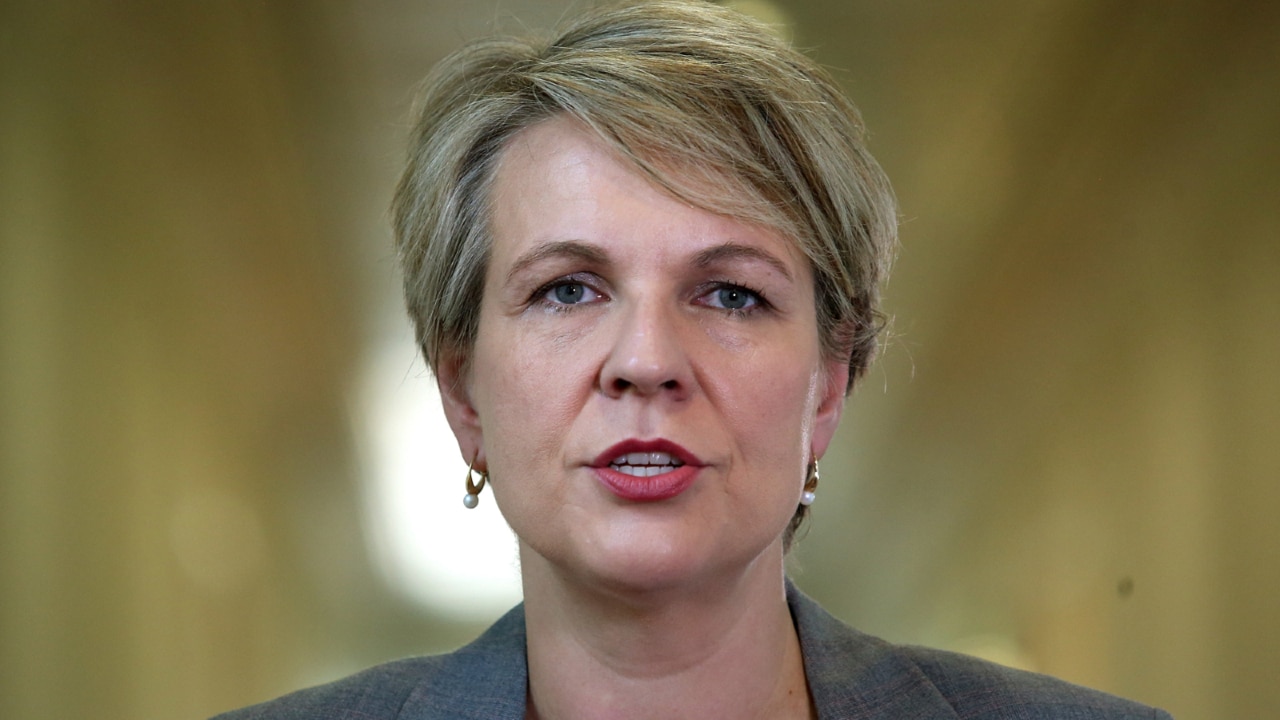
Likewise, when an opportunity to present the case for change arises, as in this instance, they complain about sovereign risk and nasty activists but don’t use the moment to unequivocally and clearly call for the changes recommended by Samuel and being proposed by the Australian government as part of the Nature Positive package.
The business lobby has claimed it is committed to protecting important environmental and cultural heritage values, it was vocal in its support for the voice and yet when the opportunity arises to put those fine principles in action, it retreats from leadership. It makes me wonder whether those persistent claims of greenwashing have some credence when it comes to our biggest business lobbies?
No one argues that economic development is not crucial, together with the jobs and income it brings to both local communities and the national economy, but the business lobby in Australia is notorious for its glass jaw and its hostility to decisions it does not like.
So once again here the business lobby is, blaming so-called “black” and “green” tape when it doesn’t get its self-proclaimed right to unfettered development, all the while conveniently deciding to not use this moment to back in the sensible reforms proposed by Samuel and under consideration by the Australian parliament right now.
Leadership is measured by actions, not just fine words, and right now leadership is sadly lacking from key sections of big business in respect to the long overdue delivery of the environmentally effective and economically efficient national environment laws.
Lyndon Schneiders is the executive director of the Australian Climate and Biodiversity Foundation.


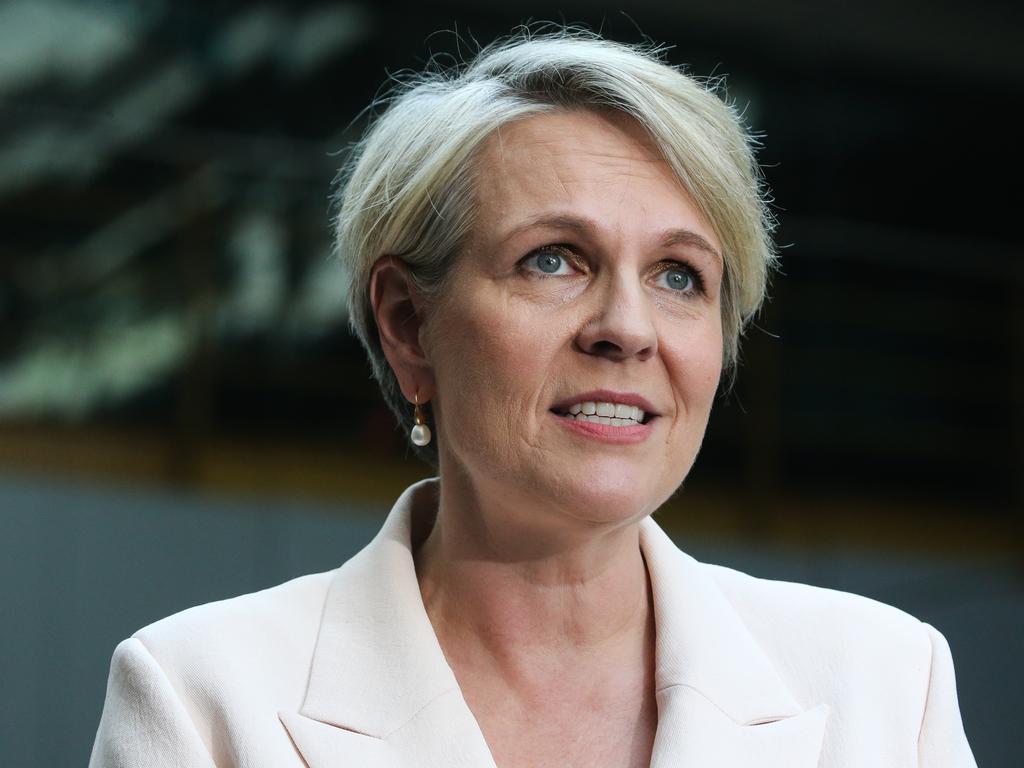




The faux outrage being cranked up by sections of Australia’s business lobby in response to a decision by Environment Minister Tanya Plibersek to knock back a proposal to build a goldmine tailings dam reeks of bad faith and demonstrates a lack of leadership.